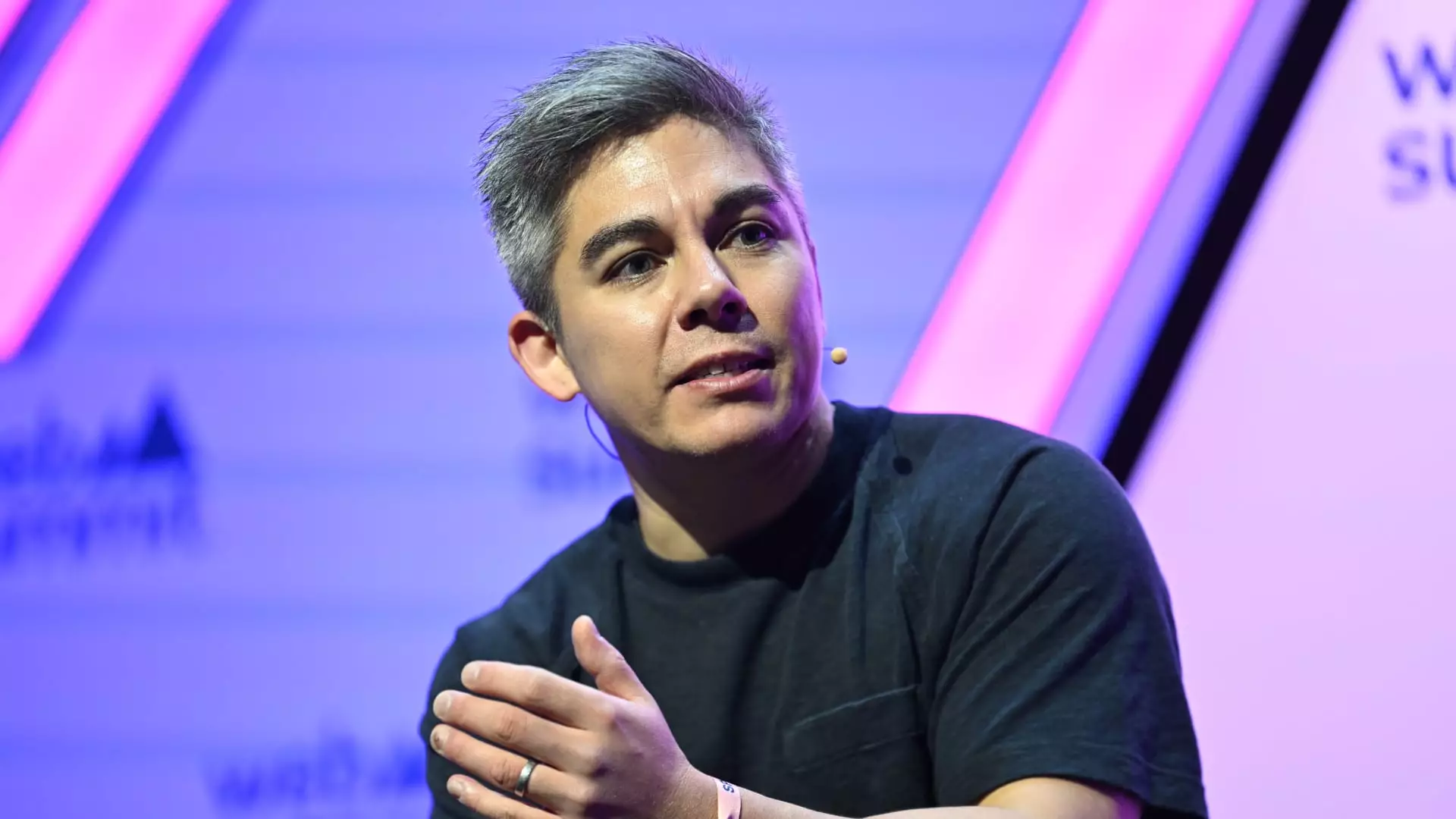The financial technology sector has been a constant source of innovation and disruption, yet the wave of initial public offerings (IPOs) in this realm has hit a few speed bumps recently. With Klarna’s recent confidential filing for an IPO in the United States, the conversation around the timing and viability of fintech IPOs has reignited. However, many prominent players in the fintech landscape are still hesitant to step into the public eye. This reluctance stems from several complexities that not only shape the fintech industry but also influence broader market sentiments.
Klarna, a Swedish payments company known for its buy now, pay later model, has become a bellwether for how the IPO market could evolve. Though the company has set the wheels in motion for its public listing, the specifics about share pricing or the number of shares to be offered remain unclear. This ambiguity hints at the challenges ahead, as not just Klarna, but a multitude of fintech companies are ardently observing market conditions. Investors are left pondering whether Klarna’s filing signifies the beginning of an upswing in fintech IPOs, or if these companies will continue to exercise caution amid economic uncertainties.
The perspective of Hiroki Takeuchi, CEO of GoCardless, brings another layer of understanding to the current climate. He articulates that the pressures of the financial market are not the right motivators for pursuing an IPO. With GoCardless recently valued over $2 billion, Takeuchi advocates for a steadfast focus on business improvement rather than the allure of public markets. His viewpoint sets a trend among fintech founders who perceive listing as a milestone rather than an ultimate achievement.
Echoing Takeuchi’s sentiments, Lucy Liu, co-founder of Airwallex, articulates the need for products built around eliminating the friction in cross-border payments before entertaining the thought of an IPO. Liu connects the company’s success and readiness to go public with its ability to become a leader in solving industry challenges. Thus, for Airwallex, the pathway to an IPO is not just about timing; it’s about operational readiness and market leadership. The long-term objective points toward a public offering by 2026, but the immediate priority clearly revolves around cultivating a robust business model first.
Adding to this reflective narrative, analysts have become cautiously optimistic about the IPO landscape. Navina Rajan, a senior research analyst at PitchBook, notes that several macroeconomic factors, including interest rates and political climates, seem to align favorably at this juncture. While it’s valid to be hopeful, Rajan remains cautious, underscoring the unpredictable nature of market oscillations and their potential impacts on the timing and valuation of forthcoming IPOs.
What’s particularly intriguing is the sentiment among fintech firms regarding their current private market situations. For instance, Jaidev Janardana, the CEO of Zopa, suggests that his firm enjoys the backing of supportive shareholders willing to prioritize growth over immediate market pressures. This landscape of financial backing offers a comfortable cushion for many fintechs, allowing them to emphasize innovation and expansion without the added strain of external public expectations.
Janardana also expresses that he sees a more favorable IPO environment blossoming over the next few years, specifically around 2025 for the United States. This could create a ripple effect that might also influence European markets, subsequently opening up opportunities for IPOs in 2026. Herein lies the crux of the discussion: just because the appetite for IPOs is building does not mean every fintech firm feels compelled to jump on that train prematurely.
The overarching narrative for fintech companies today seems clear: patient anticipation is key. The caution displayed by leaders such as Takeuchi, Liu, and Janardana reflects a broader awareness of the intricacies involved in successful public market engagement. As firms continue to focus on building solid business foundations, the IPO landscape remains a dynamic space subject to change.
For fintech unicorns watching from the sidelines, the evolving market conditions, investor sentiments, and economic parameters will dictate when—and if—they will gather the confidence to take that significant leap into the public domain. With numerous factors at play, there seems to be a collective understanding that building a sustainable business should precede the allure of an initial public offering. Thus, the future of fintech IPOs remains a captivating saga of careful strategizing and cautious optimism.

